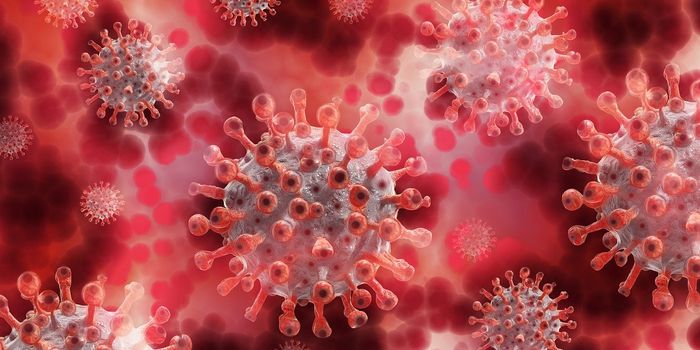Countless studies have shown that exercise boosts cognitive function. Yet, the underlying mechanisms behind why this is the case remains uncertain. Researchers recently found that running boosted memory in mice - and they say they've pinpointed the protein behind it.
The protein cathepsin B is mostly known for being secreted by tumors. It has been implicated in progressing both cancer and Alzheimer’s disease. Thus, the idea that the protein could be behind exercise-induced neuronal growth is controversial. Equally confusing is the number of studies that have found cathepsin B to be neuroprotective. Neuroscientist Henriette van Praag hypothesizes the contrasting results may be due to different levels of the protein and differing physiological conditions of each participant.
The researchers looked at a wide range of proteins that could potentially "be secreted by muscle tissue and transported to the brain,” van Praag said. “We wanted to cast a wide net.” They soon found that, among the most intriguing candidates, was cathepsin B.
In a lab dish, the researchers exposed muscle cells to exercise-mimicking compounds. Cathepsin B production significantly increased in the conditioned media.The researchers then looked at mice that spent time on exercise wheels every day for several weeks. They found high levels of cathepsin B in their blood and muscle. When the scientists applied the protein to brain cells, cathepsin B spurred the production of neurogenesis-related molecules.
The researchers then looked at cathepsin B's role in memory. They compared two groups of mice - one group that could produce cathepsin B (normal) and another that couldn't - and looked specifically at the mice's ability to recall memories. The mice were given a daily swim test and prompted to find a platform hidden just below the water's surface. The normal mice were eventually able to recall the location of the platform. The mice lacking in cathepsin B were not able to learn where the platform was.
Previous to this study, no one had shown cathepsin B’s effect on spatial learning, says van Praag.
"We also have converging evidence from our study that cathepsin B is upregulated in blood by exercise for three species--mice, Rhesus monkeys, and humans. Moreover, in humans who exercise consistently for four months, better performance on complex recall tasks, such as drawing from memory, is correlated with increased cathepsin B levels,” van Praag said.
"Overall, the message is that a consistently healthy lifestyle pays off," van Praag says. "People often ask us, how long do you have to exercise; how many hours? The study supports that the more substantial changes occur with the maintenance of a long-term exercise regimen."
The study was published on June 23, 2016, in the journal
Cell Metabolism.
Sources:
Cell Press press release via EurekAlert!,
"Running-Induced Systemic Cathepsin B Secretion Is Associated with Memory Function" via Cell Metabolism









